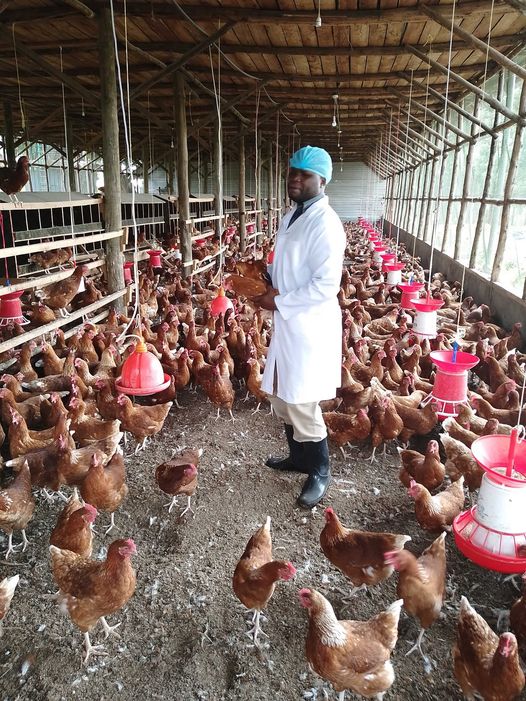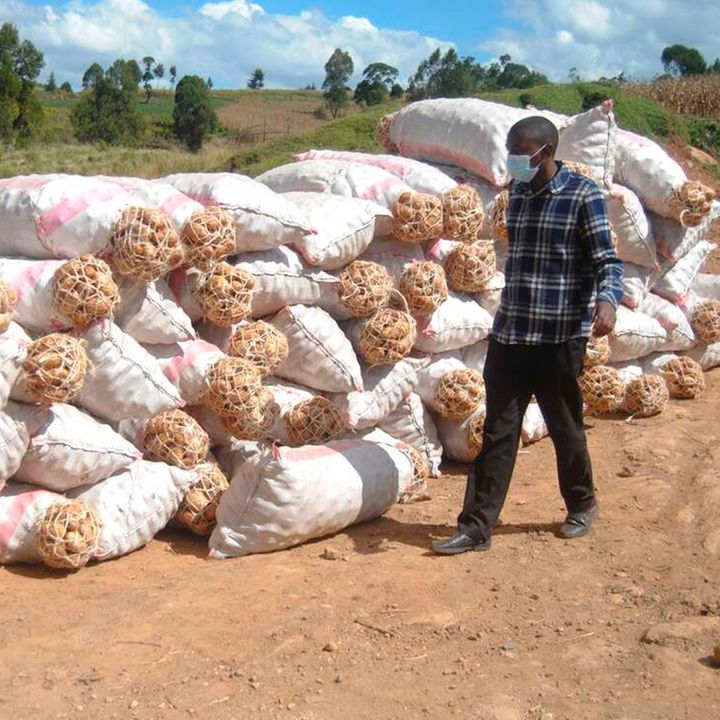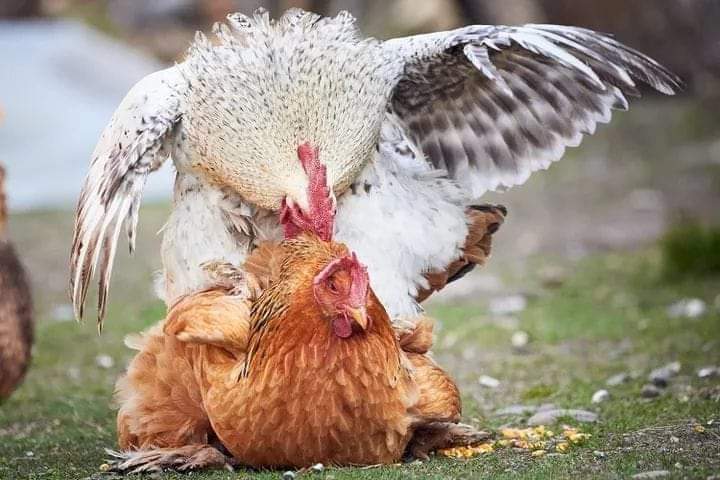- Good planning and research
Before starting your journey on layer chicken farming, invest good time in comprehensive research and planning. Make sure you understand the local markets and demand for eggs, regulatory requirements, and potential challenges specific to your region. Develop a detailed business plan that outlines your goals, budget, production targets, and marketing strategy.
2. Selecting the right layer breed
Choosing the appropriate breed of layer chickens is critical for achieving high egg production and profitability. Consider factors such as egg size, shell color, feed efficiency, and disease resistance when selecting your breed. Consult with poultry experts or breeders to determine which breed best suits your farming goals and local conditions. Also factor in your level of experience and resources available for poultry management. Some breeds may require more intensive care, specialized feeding programs, or healthcare protocols, which could impact your ability to manage them effectively. Choose a breed that matches your expertise level and available resources, ensuring that you can provide the necessary care and attention to maximize the productivity and welfare of your layer chickens.
3. Nutrition and feeding management
Nutrition and feeding management are critical aspects of successful layer chicken farming. A well-balanced diet tailored to the specific nutritional needs of layer hens is essential for maximizing egg production, shell quality, and overall bird health. Collaborating with poultry nutritionists or utilizing pre-formulated feed recipes ensures that feed rations contain the necessary levels of protein, carbohydrates, fats, vitamins, minerals, and amino acids. Quality feed ingredients sourced from reputable suppliers guarantee the nutritional integrity and safety of the feed. Establishing a regular feeding schedule, providing access to fresh feed and clean water, and monitoring feed consumption are vital feeding management practices. Supplementing the diet with calcium and phosphorus sources supports bone strength and eggshell formation. Environmental factors such as temperature, humidity, and altitude should be considered when formulating feed rations and feeding strategies. Regular monitoring of bird performance and keeping detailed records allow for data-driven adjustments to optimize feed efficiency and profitability. Implementing biosecurity measures prevents contamination of feed and water sources, ensuring the health and well-being of the layer flock.
4. Health and disease management
Implement a robust health management program to prevent and control diseases among your layer chickens. Vaccinate birds against common diseases, practice strict biosecurity measures to prevent disease introduction, and monitor flock health regularly. Work closely with a qualified veterinarian to develop a customized health plan and promptly address any signs of illness or disease outbreaks.
5. Egg handling and quality control
Establish rigorous egg collection, handling, and storage procedures to maintain egg quality and hygiene. Install nesting boxes with clean bedding material to encourage hens to lay eggs in a clean environment. Grade and package eggs carefully according to industry standards to meet customer expectations and maximize profitability.
6. Marketing and sales strategy
Develop a robust marketing and sales strategy to sell your eggs to local markets, retailers, restaurants, and consumers. Establish strong relationships with buyers and differentiate your product through branding, packaging, or value-added attributes such as organic or free-range certification. Utilize various marketing channels, including social media, farmers markets, and online platforms, to reach your target audience effectively.
7. Continuous learning and adaptation
Stay abreast of advancements in poultry farming practices, technology, and industry trends through ongoing education and networking. Attend workshops, seminars, and conferences to expand your knowledge and skills in poultry management. Remain flexible and adaptable to changing market conditions, environmental factors, and emerging challenges, adjusting your farming practices as needed to ensure long-term success.





